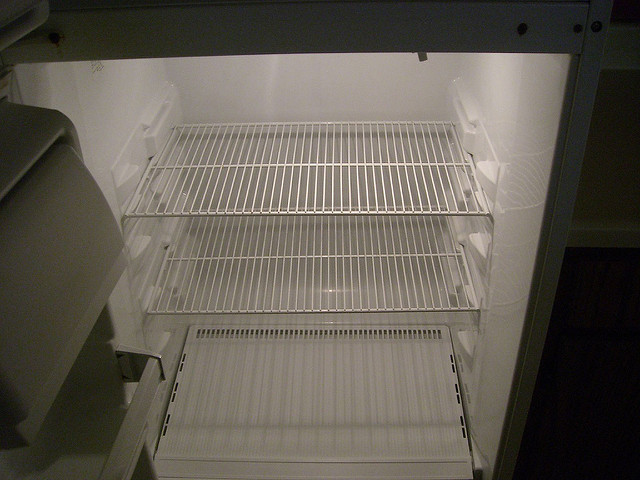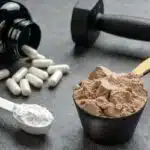Knowing the signs of when your diet becomes a disorder
Image via Flickr/JoshWillis
by Laura Cipullo, RD, CDE, CEDRD and Laura Cipullo Whole Nutrition Services Team
The line between eating healthy and disordered eating can be a thin one. These days, there are all kinds of diets you can follow that advocate depriving yourself of certain foods, but a balanced diet is healthiest, unless you have an allergy to a certain food and have been told by a doctor, nutritionist or dietician not to eat it.
Obsessing over diet
Often people start restrictive diets to gain a sense of control, but you are out of control when your eating is disordered. As I wrote in The Women’s Health Body Clock Diet, “You’re afraid to eat anything for fear of weight gain. Chicken and broccoli are your safe foods!” Eating may be disordered when you find yourself avoiding certain activities because you can’t eat the food there — for instance, you avoid a party because of the “fattening” food, or you avoid pleasant activities to partake in “healthy” ones. When faced with a choice between an enjoyable day out with a friend and the gym, for instance, you choose the gym. Thoughts about calories and nutrition labels take over your thoughts. You are obsessed with food and how you look. Extreme dieting can also lead to bingeing, then starving again to “punish” yourself for the bingeing.
There are other more subtle signs that your eating either is or has the potential to become disordered. Eating the same foods every day, only eating foods when they come with a calorie count, exercising to burn off all or most of the food you eat, starving during the day to “pig out” at night and weighing yourself many times a day, with your mood fluctuating according to the number on the scale.
What to do when your diet becomes disordered eating
The solution to disordered eating? It’s complicated, and I urge you to read my book to learn more, but if you just begin by incorporating mindfulness into your eating then you’ll portion food just fine and be more fulfilled by what you eat. Be aware of the tastes and smells of what you’re eating, and use the other senses to enjoy food as well. Also take note of how full or hungry you feel as you’re eating, and try eating where there isn’t a screen (TV, iPad, etc). This can help prevent mindless eating and reconnect you with the joy of eating.
“You can empower change with the right help,” I wrote in the Women’s Health Body Clock Diet, and it’s something I really believe with all my heart. Seek a professional’s help, like a registered dietician and a therapist who specializes in eating disorders (you will see the initials CEDRD–certified eating disorder registered dietician– and CEDS –certified eating disorder specialist–after his or her name). Read my book to understand the concepts of habitual nourishment and the Five Pillars of Positive Nutrition. And be sure to check out these organizations for additional support — The International Association of Eating Disorders Professionals Foundation, The National Eating Disorders Association and the Binge Eating Disorder Association. Recognize the signs of disordered eating and get ready to move on with a happy, healthy, beautiful life! You deserve it.







